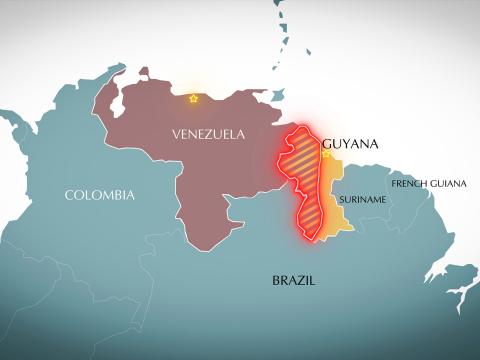Ramping Up Cyber Defenses Against Adversarial States
The United States is increasingly focused on countering cyber threats from state actors whose operations aim to disrupt critical infrastructure and potentially deter U.S. involvement in conflicts.
During a panel on cyber threats and critical infrastructure on Wednesday, three speakers from different organizations provided insights into the ongoing cybersecurity challenges, particularly those posed by state actors such as China. David Frederick, assistant deputy director for China at the National Security Agency (NSA), discussed the Asian country’s strategic intentions to use cyber operations to discourage the United States in a standoff, especially in the Pacific region.
“They have been determined to build a military capability that will enable China to deter the United States from getting involved in any kind of conflict in the Pacific, especially around Taiwan,” Frederick told the audience.
He emphasized the risks posed by these activities, which target critical infrastructure and could lead to significant civilian impact across the country.
Their intentions would be to sow fear in the U.S. population, disrupting fuel or water distribution through cyber attacks to a point that the leadership would choose not to confront Beijing, clarified a senior intelligence official on the sidelines of the Intelligence and National Security Summit (INSS), in Bethesda, Maryland.
The United States identifies actions by malicious actors and names the governments sponsoring them. The intelligence community (IC) and the State Department call out such behavior, working with other governments to build a coalition aimed at maintaining cyber stability, according to an official.
Panelist Liesyl Franz, deputy assistant secretary for international cyberspace security at the U.S. State Department, noted how China's activities undermine global cyber stability.
Meanwhile, the Chinese government has usually denied wrongdoing following accusations.
“We are working together and providing information that then can go into the issuance of sanctions or the issuance of law enforcement activity against the threat actors or against diplomatic actions that can be taken,” added Erin Joe, the third panelist, from the Cybersecurity Executive Office in Google Cloud.
Joe highlighted the importance of information sharing and collaboration between the public and private sectors to address these threats, noting Google's experience in dealing with large-scale cyber threats.
We have made it clear to our foreign adversaries that we will not tolerate interference in our elections.
The speakers addressed potential election interference.
“We're very much focused overseas at all the foreign threats that want to go after U.S. elections,” Frederick said. He also shared concerns around disinformation and direct infrastructure activity.
“We have made it clear to our foreign adversaries that we will not tolerate interference in our elections,” Franz told the audience.
Nevertheless, an IC-level assessment concluded that while Beijing steers clear of presidential candidates, efforts to sow disinformation on down ballot candidates were detected in the cases. These were perceived as hostile to their interests by both major U.S. political parties, according to a senior intelligence official.
The panel “Safeguarding Vital Systems: Nation-State Cyber Threats to U.S. Critical Infrastructure” convened on Wednesday and was moderated by Martin Matishak. The INSS is a yearly event organized by INSA, the Intelligence and National Security Alliance, and AFCEA, SIGNAL Media’s parent.




Comments